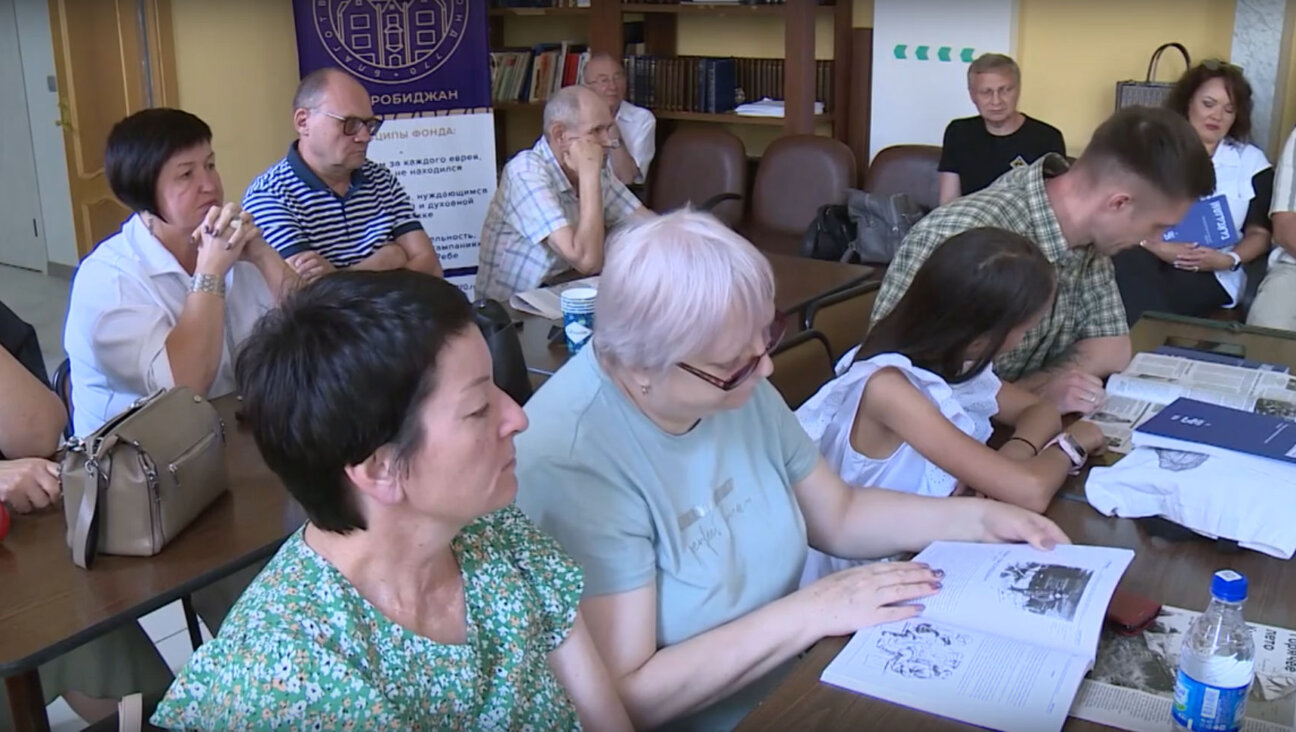January 18, 2008
Worker Safety and Health Are Priorities
In a December 28 opinion article, Avram Lyon reports that a former Smithfield employee was knocked down when an animal carcass fell on her and, after receiving little or no medical attention from the company, she later miscarried in the hospital, supposedly as a result of the injury she received that day (“Knocked Down on the Slaughterhouse Floor”). The story — if true — is horrific. However, as best anyone at Smithfield can discern, the story is not true.
The individual was employed by Smithfield for almost three years. During that time she reported to company medical and supervisory personnel several medical conditions and received corresponding medical treatment. In other words, she knew what to do and that she would receive medical attention if she was injured at work.
We have carefully checked our records and interviewed those in her supervisory chain. There is no record of this individual reporting an accident such as the one described by Lyon, and no record of her seeking or being denied medical treatment by Smithfield for any such condition.
The individual was terminated because she left work one day and was never heard from again. She did not attempt to contact the company, nor did anyone at the company know of her whereabouts. Like most companies, our rule is that the employment of an employee who is a no call, no show for three consecutive days is automatically terminated.
The only thing the company knows is that this individual disappeared at the same time a close acquaintance of hers gave notice and quit. We can only deal with what we know about.
Employee safety and health is a top priority at Smithfield. Contrary to the information provided by Lyon, the safety record at the Tar Heel plant over the last five years is one of the best in our company and far better than the industry average. We have built and staffed with doctors, nurses and pharmacists a medical center directly across the street from the Tar Heel plant.
On the other hand, the Tar Heel plant has been the target of a 14-year union organizing campaign by the United Food and Commercial Workers union. Although about half of our employees at our other plants are represented by labor unions with whom the company has a good working relationship, the union has been unsuccessful in convincing the employees at Tar Heel that they need union representation.
Dennis Pittman
Director of Communications
Smithfield Packing Company
Clinton, N.C.
Belmonte’s Jews Need Hope More Than Money
To say that the Jews of Belmonte have brought prosperity to the Portuguese town through tourism is a bit simplistic (“After 500 Years in Hiding, Jews Bring Prosperity to Iberian Town,” January 4). While it may be difficult to publish an insightful analysis in a short news article, the Forward omits difficult questions such as the precarious situation of the Jewish community and exactly who benefits from the phenomenon of Jewish tourism.
Moreover, to ascribe the difficulty in securing a rabbi to the dichotomy between long-standing Marrano practices and modern Jewish practices is to ignore social reality and 500 years of history.
While the Forward reports on the clean streets, a new Jewish museum (owned by the municipality) and newfound employment for Christian women embroidering “shalom” on lavender sachets, there is scant mention of the benefits to the Jewish community, apart from the odd euro collected by Abilio Henriques from tourists entering the synagogue — which, by the way, does not leak, nor is wanting for proper flooring or mahogany bench seats thanks to the generosity of Harold Michal-Smith, a New Yorker and close friend of the greatest friend of the Marrano Jews of Belmonte, Yaacov Gladstone.
Yes, it is true that some elements of the closed-minded Jewish world, including Portugal, do not consider the descendants of Jews forcibly baptized in 1497 to be “kosher” Jews. As stated by poet Alexandre Teixeira Mendes in “Barros Basto, A Miragem Marrano,” a book published this year with a donation from Michal-Smith and Gladstone, “Marranos are not only exiles amongst the nations, but also exiles amongst the Jewish nation.” Accordingly, it was not surprising during a recent visit there with Gladstone to hear a young teenager who dropped out of high school complain that fellow students still mockingly ask about the length of their father’s Jewish tail.
No, the Jews of Belmonte are not benefiting from Jewish tourism. Rather, the stream of picture-taking tourists and documentary filmmakers has only reinforced their stunned “deer in the headlights” feeling.
Belmonte does not need more money, it needs the love and understanding of klal yisrael. It needs educators (especially women), a wise and knowledgeable rabbi, a Jewish community center, a library, leadership training, business development assistance — and it needs hope for the future, or else there will not be one.
Manuel Lopes Azevedo
Oeiras, Portugal
A message from our CEO & publisher Rachel Fishman Feddersen

I hope you appreciated this article. Before you go, I’d like to ask you to please support the Forward’s award-winning, nonprofit journalism during this critical time.
At a time when other newsrooms are closing or cutting back, the Forward has removed its paywall and invested additional resources to report on the ground from Israel and around the U.S. on the impact of the war, rising antisemitism and polarized discourse.
Readers like you make it all possible. Support our work by becoming a Forward Member and connect with our journalism and your community.
— Rachel Fishman Feddersen, Publisher and CEO























